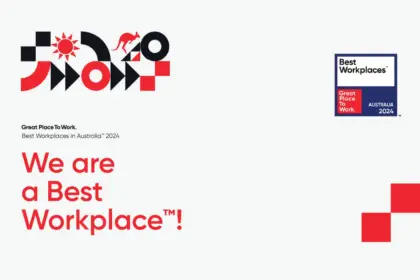The safety landscape has evolved rapidly over the last 20 years, with perhaps the most substantial shift occurring more recently with the recognition of specific psychosocial hazards and psychosocial safety obligations.
Globally we have seen the introduction of standards such as ISO45003. In Australia, Safe Work Australia introduced psychosocial health and safety model laws and code of practice, which many jurisdictions have begun to implement.
This change, along with the accompanying regulations, guidelines and codes of practice, has increased employers’ understanding of their roles and responsibilities in identifying and mitigating workplace risks, as well as their moral and legal obligations.
For organisations further along on their safety journey, prioritising the mental health and wellbeing of their employees existed before these regulatory changes. However, for organisations with more of a traditional safety focus on physical safety, the updates signalled an opportunity for change.
At Sentis, promoting a holistic approach to safety has always been central to our ethos. We call this Positive Safety: a definition of safety that encapsulates the whole human experience — the physical, the social and the psychological.
For Sentis, improving psychosocial safety is the key to achieving a mature safety culture that goes beyond compliance and strives for safety citizenship. Whether your organisation already focuses on psychosocial safety or is just beginning the journey, our goal is to equip all employees and leaders with the necessary resources, tools and knowledge for a safe and healthy work environment.




